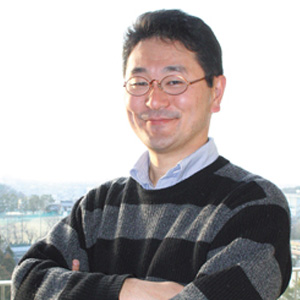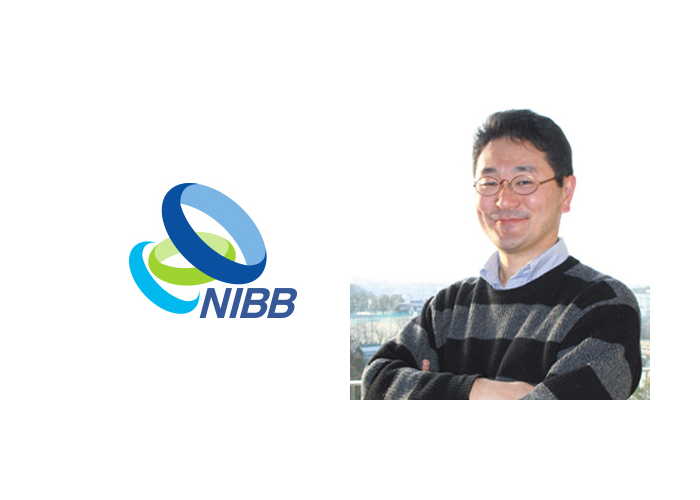
Prof. Shosei Yoshida is head of the division of stem cell biology at the National Institute for Basic Biology in
His work aims
To know more, follow him on Researchgate: https://www.researchgate.net/profile/Shosei_Yoshida
When and why did you decide to work in male fertility?
“Frankly, I am personally interested in germ cell biology, rather than male fertility. When I decided to do research when I was finishing medical school, I was fascinated by the amazing power of ES cells to differentiate any kinds of cells in vitro. It was
Although I am not motivated to work for andrology per se, I am really happy to have many chances to communicate and, hopefully, make some contributions to such motivated people like you in this field. And, I am always learning a lot!”
What raised you particular interest in spermatogonial stem cell research?
“The fact that they convey the genetic and epigenetic information to the next generation. Therefore,
At the 11th NYRA meeting you presented a new model of SSC division. Was it difficult to convince other researchers that the idea of asymmetric division seems no longer valid for SSCs?
“It is always difficult to present data and accompanying theory that
Can you name the greatest success(es) in your career?
“The moment when I first saw the spermatogonial chain broke into pieces after a couple of years of development of intra-vital live imaging study!!!”
Can you name a moment of failure (and which lessons you learned from it)?
“I have made mistakes so often. Yes, I
Which advice would you give young researchers in male fertility?
“Always feel the amaze that the reproduction shows, and enjoy! Be faithful to your data, not to your thought – it is quite difficult, but we (including me) shall try!”
What do you think about collaborative work between clinicians and basic researchers in andrology? What works well and what could be improved?
“I have no experience of collaboration with clinicians. However, from my own experience with physicists, it should work well if you can share the standards of data assessment, while understand and respect each other’s motivation.”

